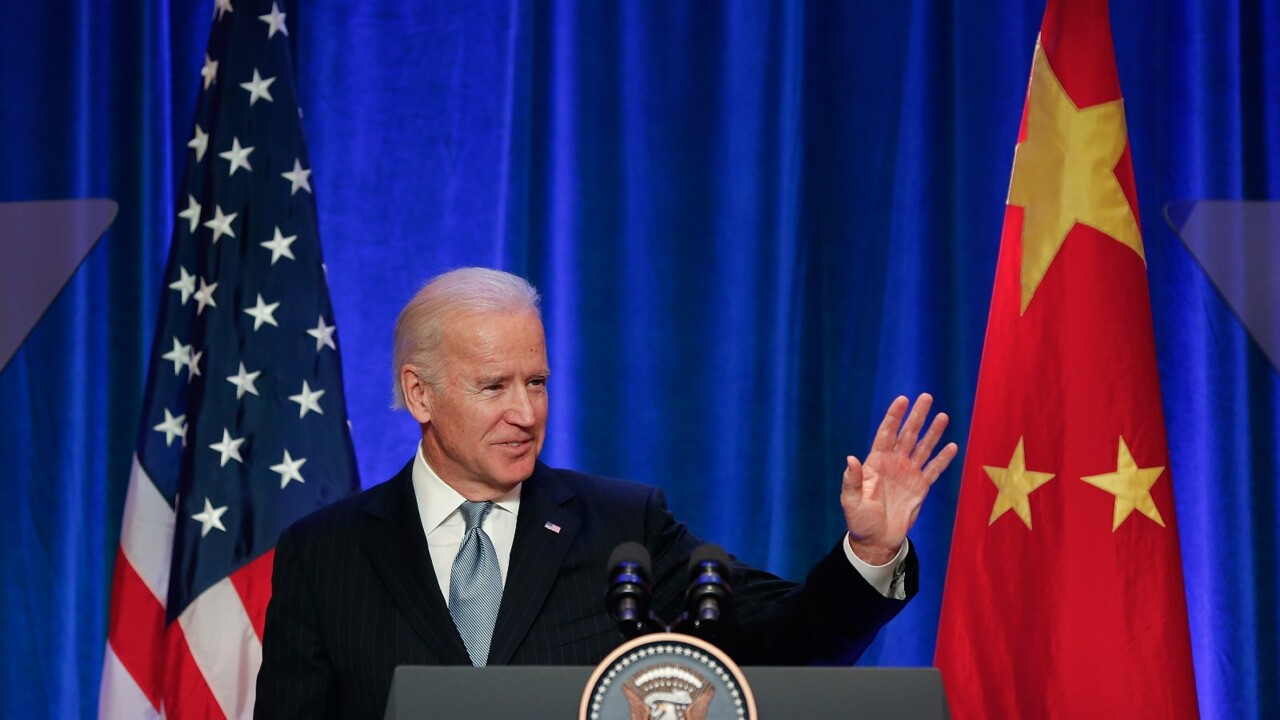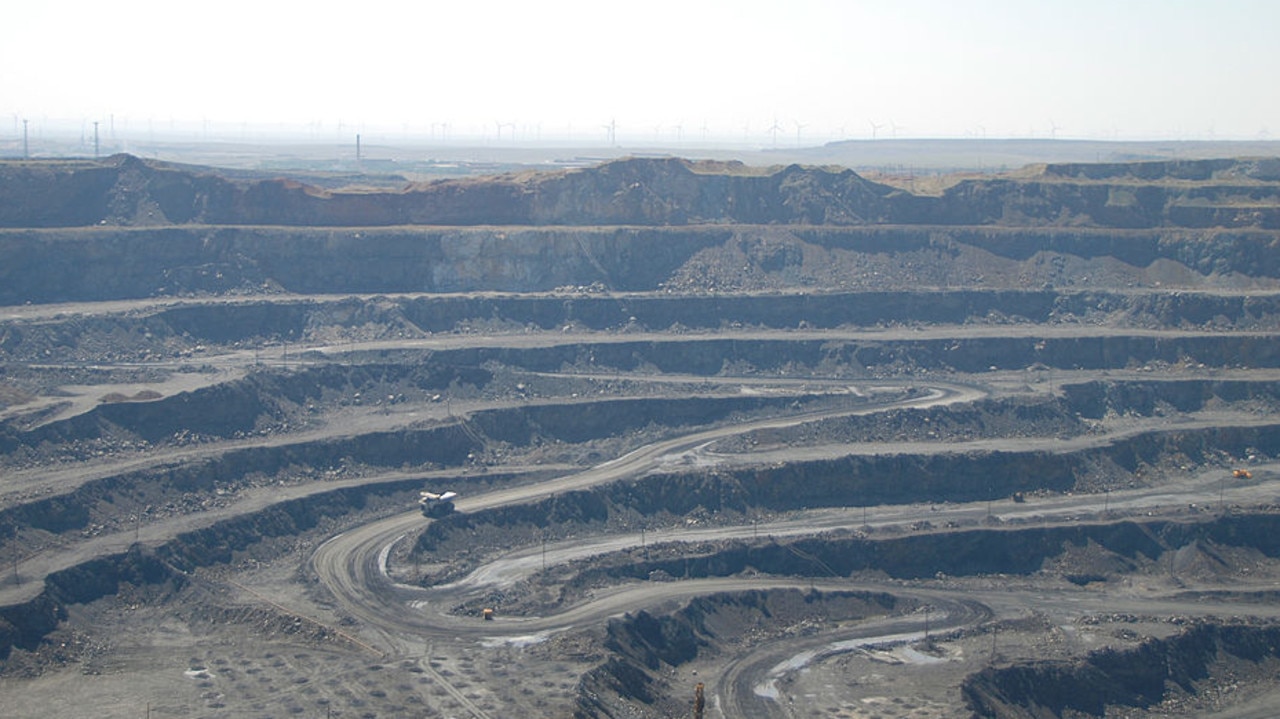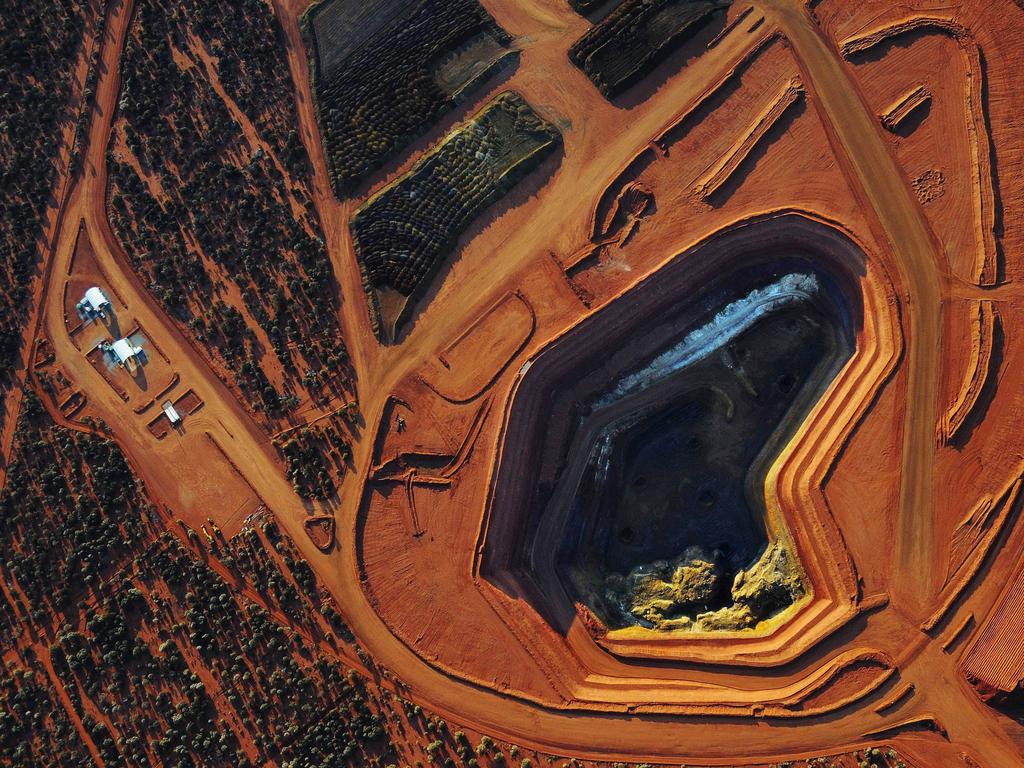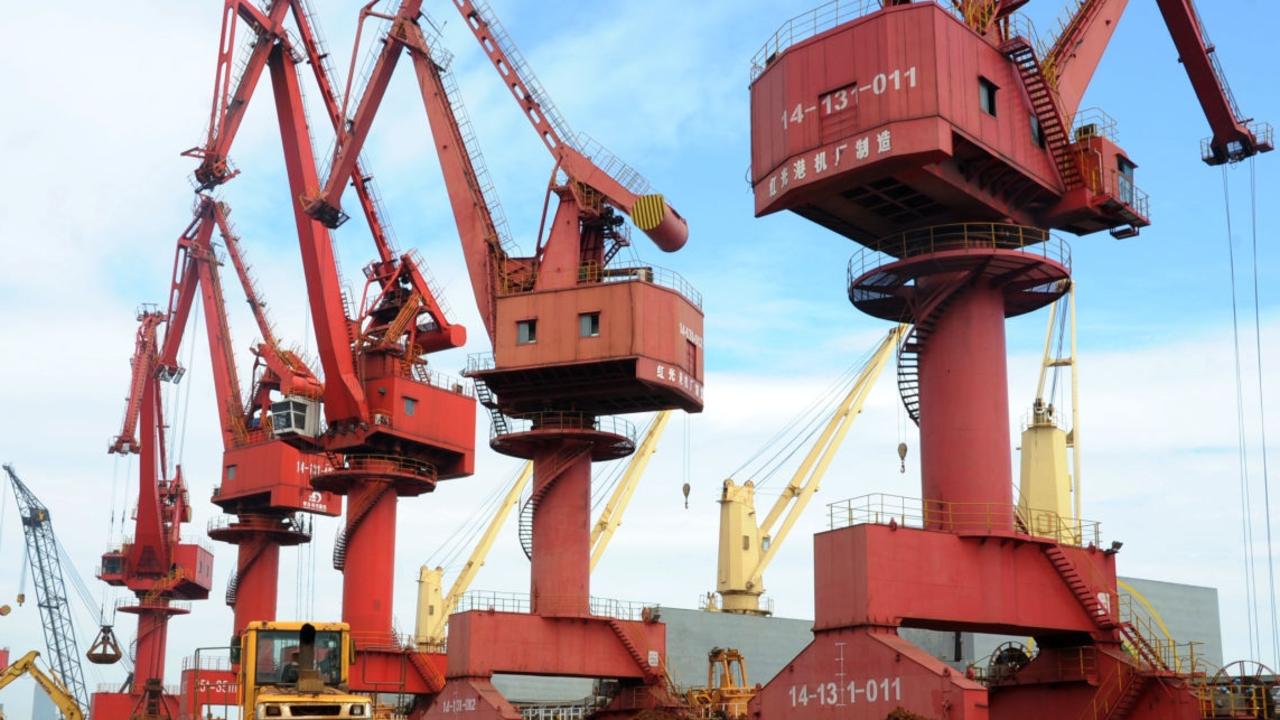Quad looks to Australia for rare earth elements usually supplied by China
There’s one thing China has that the world desperately needs to function – but now Australia is stepping in to take a chunk of the world market.

The “smart” in your phone. The “combat” in our fighters. The “power” in our batteries. Beijing controls them all. But Australia’s about to challenge that monopoly.
Rare earths are 17 different minerals indispensable for the production of smartphones, electric cars, military sensors and communications systems – and just about any advanced technology you can think of.
China overwhelmingly produces the bulk of the world’s supply.
And Beijing has repeatedly demonstrated its willingness to use that monopoly as a geopolitical whip.
“No matter how much lethality the ‘rare-earth card’ can pose, the power is in China’s hands,” Communist Party-controlled media recently declared.
RELATED: Australia move that China will hate
It’s a threat that has caused the world to sit up and listen.
Amid a fresh round of export restrictions and strategic resource stockpiling, the United States, Japan, India and Australia met via teleconference last week. One of the things they discussed was how to guarantee critical supplies.
And Australia has a pivotal role to play.
MONOPOLY POWERS
“Beijing has demonstrated a willingness to leverage its weight in the global rare earth industry in pursuit of its political objectives, raising alarm bells in several major countries,” a Centre for Strategic and International Studies (CSIS) report warns.
It’s not a new concern.
Beijing began flexing its muscles when it controlled about 90 per cent of the resource more than a decade ago. It paused deliveries to Japan in 2010 after a Chinese captain was arrested for ramming a Coast Guard vessel off the contested Senkaku Islands in the East China Sea.
Prices exploded.
This prompted renewed interest in rare earth production and refining in Australia and the US.
But Beijing is still in a market-dominating position.
Because of this, it can manipulate prices and supplies to its own purposes.
“China’s dominance in the rare earth industry is the result of decades of targeted industrial policies aimed at leapfrogging other nations,” CSIS notes. “For years, Beijing exploited its relatively low-cost labour force and lax environmental laws to gain a competitive edge in the global market and become the leading supplier.”
Which is why recent threats from Beijing of limiting its exports of the strategic resource is being met with global concern.
RELATED: Huge world push back against China

The Quadrilateral Security Dialogue (Quad) teleconference between the member states’ leaders last week resolved to counter this through new resource projects and joint technological research.
DIGGING IN
Quad member states are examining ways to fast-track the supply and refinement of their rare earth resources.
This involves redirecting ores mined by Australia’s rare-earth mining giant Lynas Corporation to the US for processing instead of China.
But Lynas Corporation’s CEO Amanda Lacaze this month warned that such a race to defeat a Chinese export embargo could produce an “overbuilding” of supply.
She warned Beijing could engage in a price war which could cause a collapse in profits and losses for investors.
But the Quad is concerned about guaranteeing supply and removing Beijing’s ability to use such strategic resources as a diplomatic cudgel.
Lynas was itself the beneficiary of Japanese government efforts to ensure it would never suffer the effects of Beijing’s 2010 embargo again.
RELATED: Satellite images expose China’s plan

“The financial boost helped Lynas to become the only supplier outside of China capable of processing rare earths, and the company now supplies Japan with nearly one-third of its rare earth imports,” CSIS reports.
Several new projects are underway in Australia, especially in WA.
Similar efforts to extract the resource have been initiated in the US and Canada.
And Lynas is already involved in discussions region-wide to boost production and secure supplies.
STRATEGIC RESOURCE
“If China does cut supply of the rare earths to the US, the move will undoubtedly cause disturbance and troubles,” The Communist Party’s Global Times editor Hu Xijin wrote in a February editorial.
This was in response to one of US President Joe Biden’s earliest acts.
He had ordered an urgent review of critical supply chains in the wake of the COVID-19 crisis. Rare earths were at the top of the list, alongside the production of computer chips, large batteries and medicines.

The critical minerals also provide essential components for sonar, missile guidance systems, secure communications and jet engines. For example, an Australian F-35A Lightning II stealth fighter needs 427kg of the strategic resource to perform its functions.
Beijing knows this.
Late last year, China’s Ministry of Industry and Information Technology began to compile a draft set of laws to strengthen its control of the rare-earth industry.
Such rules were “a prerequisite to strike back when necessary at foreign companies which harm China’s national interests”.
It’s being seen as a fresh attempt to ‘weaponise’ rare earth exports.
At the height of US-Chinese trade tensions in 2019, Chairman Xi Jinping made a highly publicised visit to a rare earth production facility. State-controlled media used the visit to threaten a supply cut to “strike back” in any trade war.
Then, in December 2020, Beijing instituted a new Export Control Law threatening to restrict the global distribution of sensitive materials used in weapons technology.
DIRTY DIPLOMACY
This month, China’s Minister of Industry and Information Technology, Xiao Yaqing, declared “vicious domestic competition” had undercut prices on rare earth elements.
He said some were selling at an “earth price”, not a “rare price”.
His words followed a new drive by Beijing to regulate and stockpile strategic minerals.
One example is cobalt. As a result, its market price has leapt to more than $A67,000 a ton. That’s the highest it has been since 2018.
Beijing says it was stockpiling the mineral because its electric vehicle sales have ballooned.

But there’s another issue.
About half of the world’s known reserves are in the Democratic Republic of Congo. And COVID-19 has dramatically slowed its production and distribution.
And then there’s politics.
China’s stockpiled rare earths before.
In 2010, it slashed global exports by 37 per cent.
“Many manufacturers in the US, Japan, and Europe were left struggling to afford supplies of rare earths, while China held a glut of supplies at home,” CSIS report reads.
The US joined the European Union and Japan in lodging a trade dispute against China in the World Trade Organisation in 2012. They alleged Beijing was unfairly benefiting its own industries at the expense of other countries.
China lost the case in 2014.
In 2015, it lifted its export quotas.
But, in the intervening period, Beijing had positioned its industry as a world-beater.
“While China maintains a commanding presence within the global rare earth industry, Beijing’s capacity to unilaterally disrupt supply chains is likely to be eroded in the coming years,” the CSIS report notes.
“A number of initiatives are underway that may prove successful at establishing new rare earth suppliers outside of China.”
Jamie Seidel is a freelance writer | @JamieSeidel




